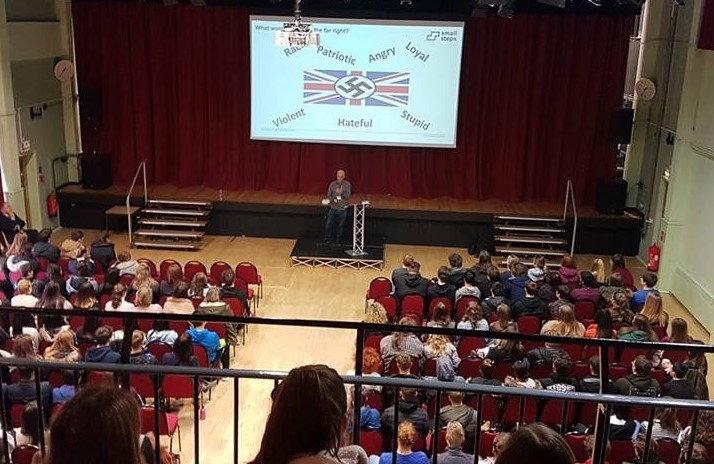The police inspectorate recently published its report on progress in delivering a new model for investigating rape and serious sexual offences, known as Operation Soteria.
In 2021, 19 early adopter forces began implementing Soteria in place via the National Operating Model. In May 2023, the then Home Secretary commissioned His Majesty’s Inspectorate of Constabulary and Fire & Rescue Services to carry out an inspection using the powers under section 54(2B) of the Police Act 1996.
The report outlines progress from 9 early adopter forces to evaluate the progress of Operation Soteria. Described as a “game-changer” by police personnel, the programme is supposed to improve how police understand and support victims. In nine early adopter forces assessed, inspectors were told of positive cultural change, with new training helping investigators understand how victims are targeted.
Half of rape investigation teams are not fully qualified
However, the inspectorate also found areas where forces need to improve their approach to make the most of the programme, urging forces and other bodies to fix things quickly. For example, in nearly every force inspected, half of rape investigation teams are not fully qualified and are still training.
The report highlights a lack of progress in tackling repeat offenders, with 1 in 4 sexual offences involving a repeat suspect. In addition, in nearly every police force inspected, half of rape investigation teams are not fully qualified. Inexperienced and non-specialist officers should not be routinely investigating rape.
“Game-changer” programme told to “fix things quickly”
Responding to the report, Andrea Simon, Executive Director of the End Violence Against Women Coalition (EVAW), said: “Nationwide failures in prosecuting rape have made it an imperative to transform the way police investigate sexual offences.
Simon continued: “We welcome the inspector’s recognition of the need for culture change and a systems-based approach, and that Soteria’s ambition must be met with the resources it needs.”
The report indicates that Operation Soteria has started to make a difference to the way some police forces are handling rape cases. However, to see true change, the scale of transformation is needed across the country.
The inspectorate has reinforced just how vital funding for specialist frontline women’s support services is so that they can be there for victims during the justice process and beyond.
Although the report acknowledges some improvements in communication with victims, it also highlights ongoing issues which are putting them at further risk – for example, inconsistent management of pre-charge bail breaches and ineffective use of protection orders. Victims also currently face court backlogs that means they are waiting many years for their case to reach trial, if it ever progresses that far, highlighting wider failings in the criminal justice system.
Simmons stated: “We expect rapid improvements in the early identification of sexual offenders and proactive work to target repeat offenders to prevent further abuse. We also need to see the prioritisation of specialism in rape investigation, and greater consistency in the roll-out of Soteria training for staff, to tackle rape myths, understand trauma, and help investigators reflect on their beliefs, behaviours, and use of language.”
Looking beyond the criminal justice system alone
However, if the government is serious about its pledge to halve VAWG in a decade, it must look beyond the criminal justice system alone. EVAW, among other organisations, are asking the government to and take a whole-society approach that focuses on preventing women and girls from becoming victims in the first instance.
This includes unpicking the attitudes and inequality that drive violence against women through sustained education and public campaigns geared towards preventing abuse.
In response to the report, His Majesty’s Inspector of Constabulary Michelle Skeer stated: “We recognise that forces are trying to make things better while dealing with high-demand and limited resources. This is alongside the short-term funding for the Soteria Joint Unit and cases often taking too long to reach trial.
“However, even with all these challenges, Soteria presents a major opportunity for the criminal justice system. We must keep up the momentum towards change and give victims the service they deserve.





